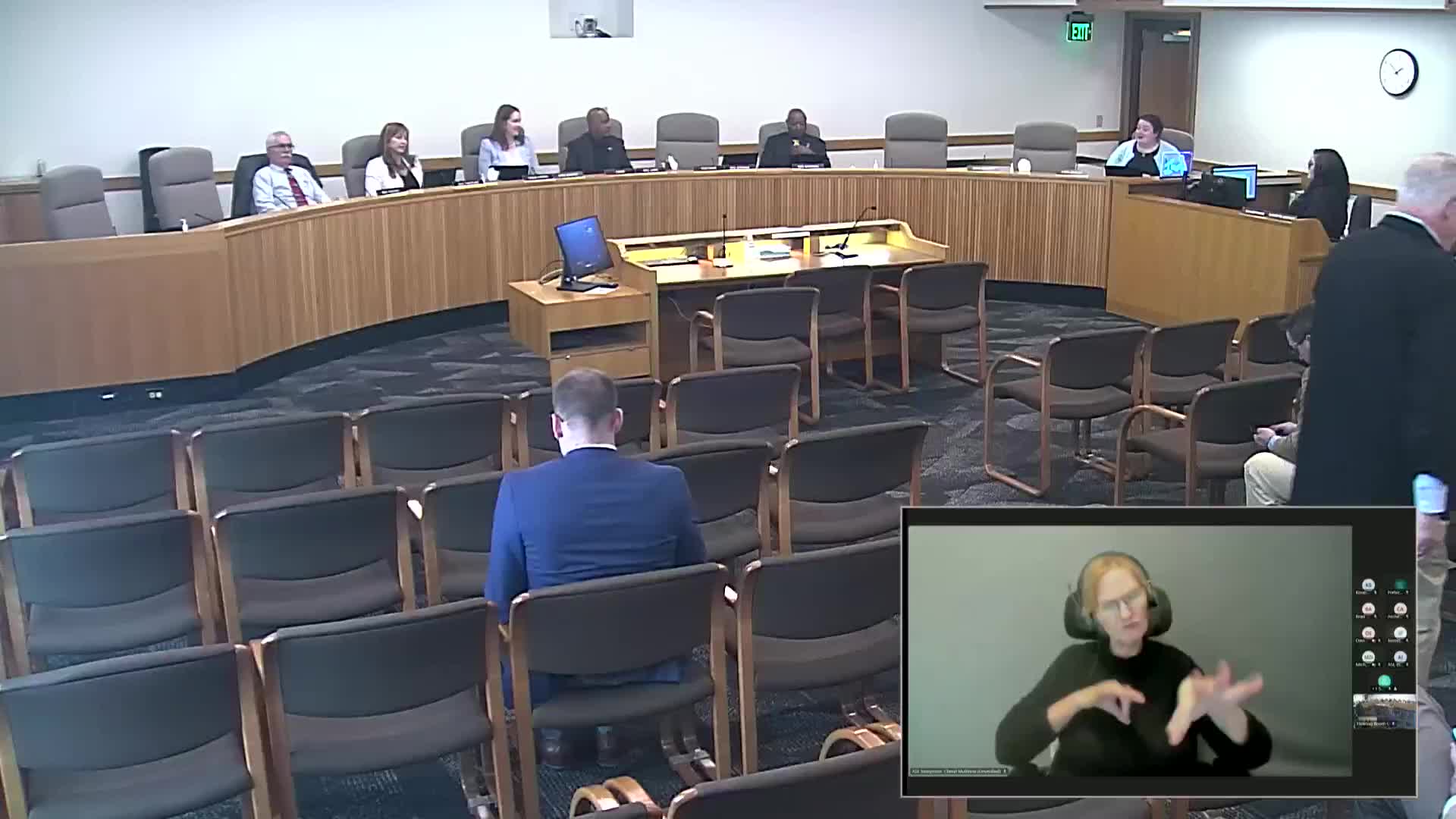Article not found
This article is no longer available. But don't worry—we've gathered other articles that discuss the same topic.
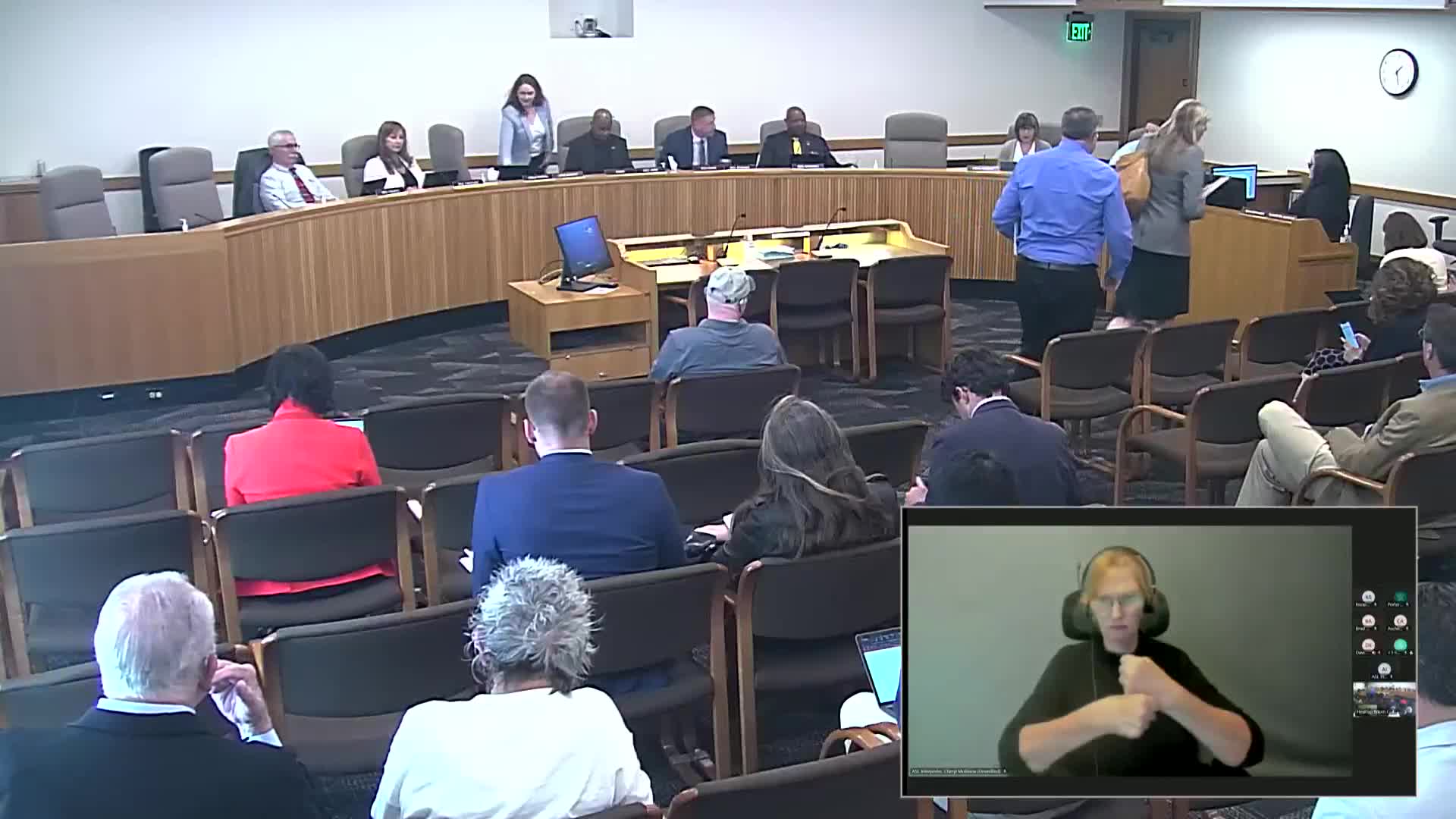
Committee adopts amendment to allow local officials with conflicts to vote on budgets after public disclosure
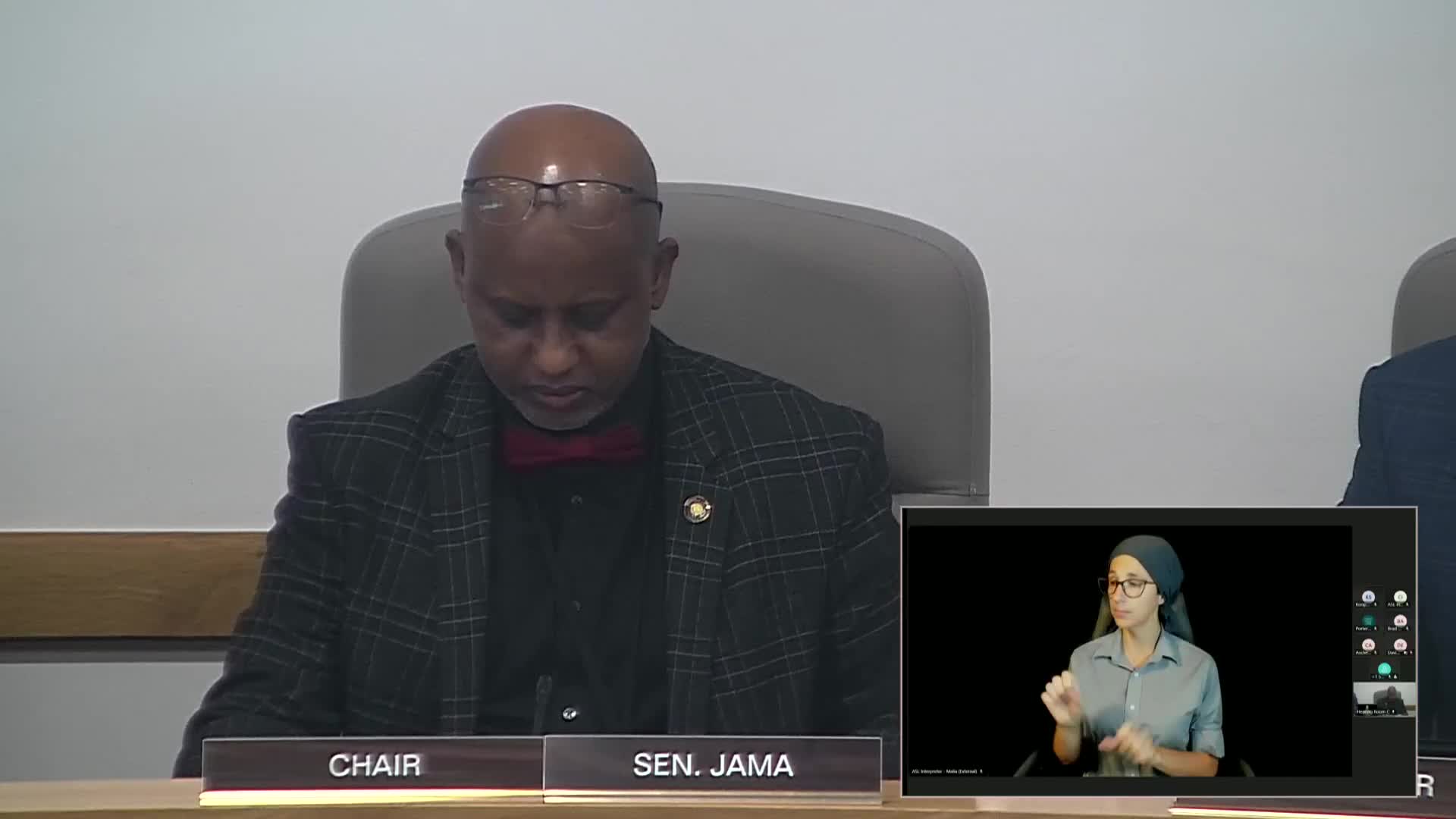
Senate Rules Committee advances bill to require digital platforms to pay or arbitrate payments to news providers despite constitutional concerns
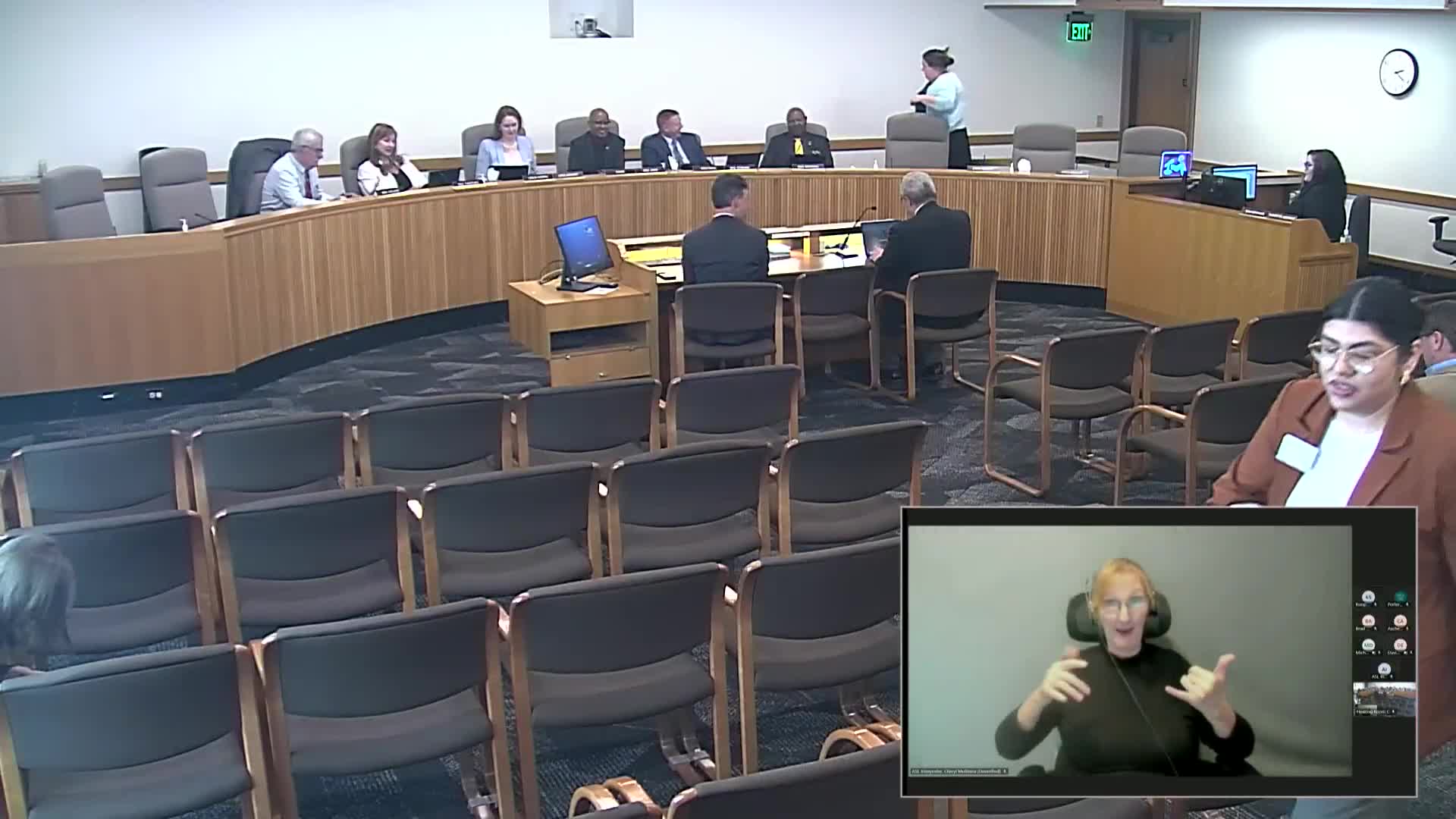
Senate panel endorses resolution reaffirming Oregon’s ties with China, citing trade and cultural links
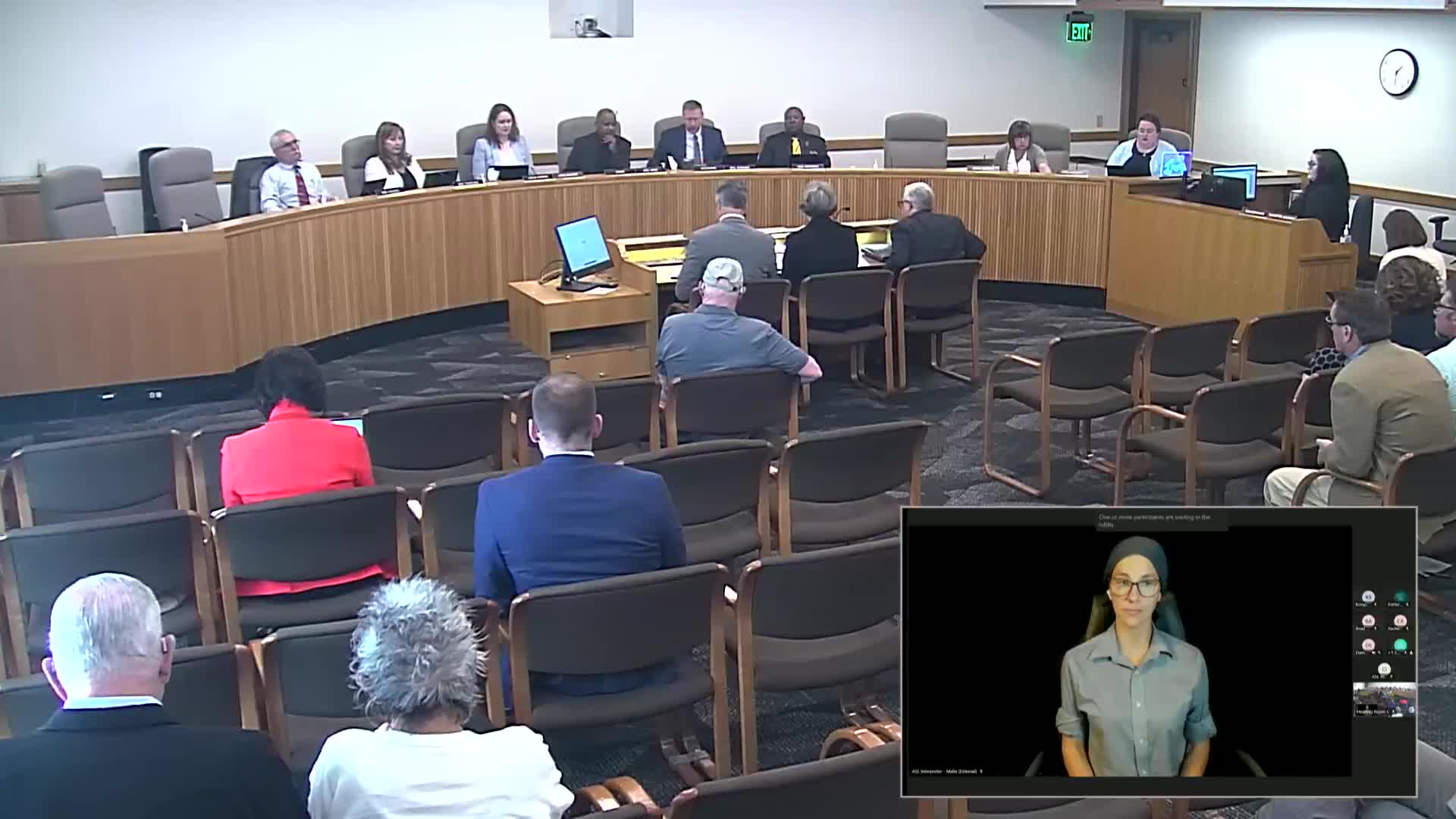
Rules committee advances three gubernatorial appointments to the Senate floor: directors for DAS, Employment Dept., and Revenue
